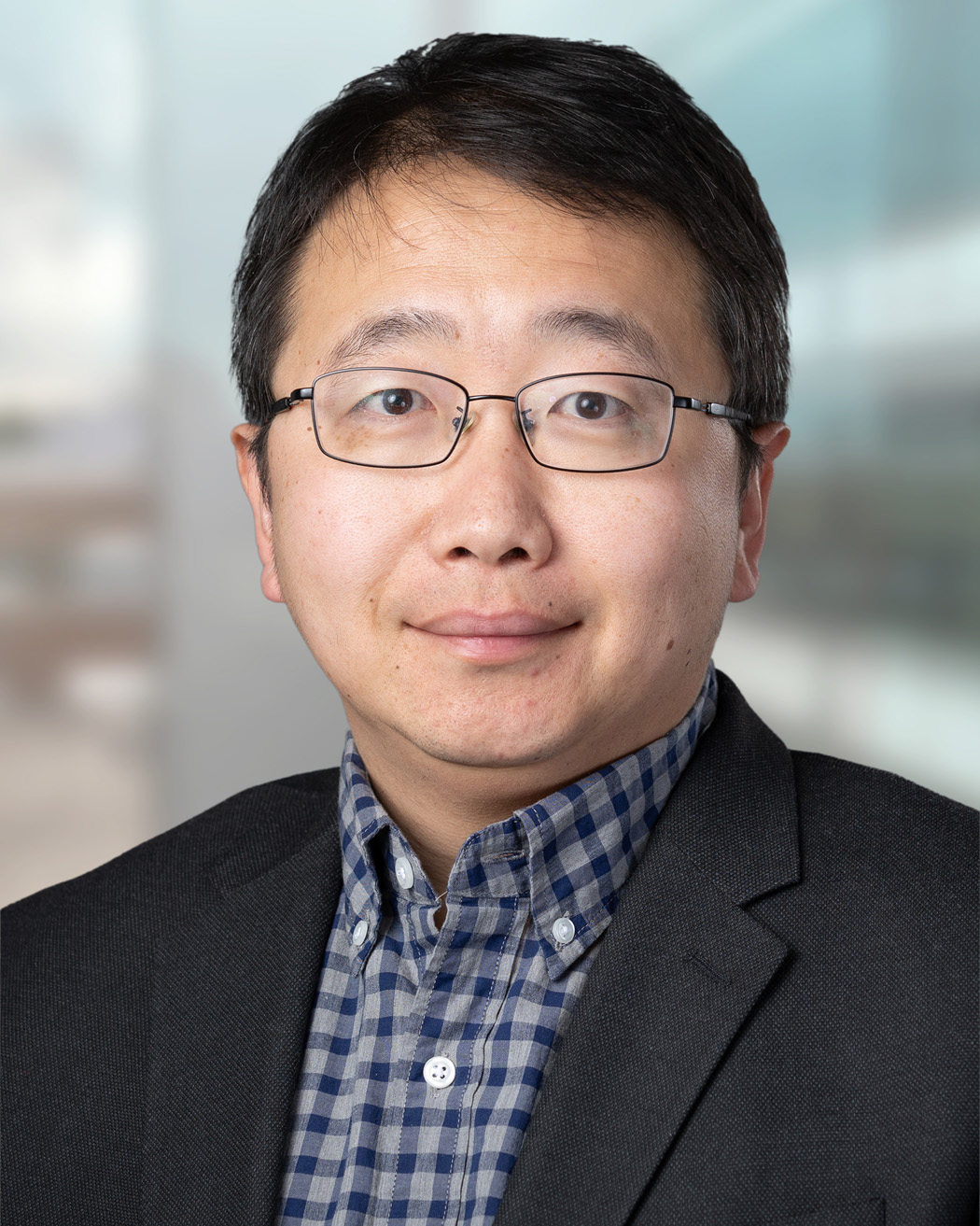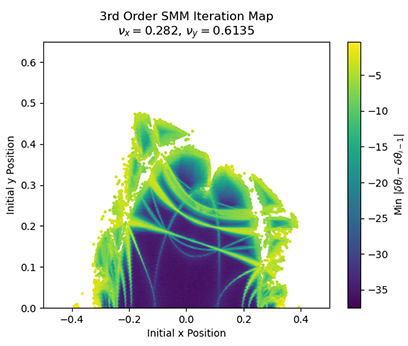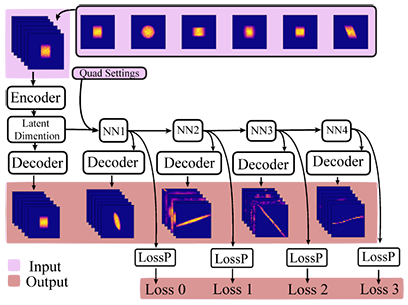
Professor of Physics
Joined the laboratory in 2016
Education and training
- BSc, Physics, University of Science and Technology of China, 2003
- MS, Physics, Indiana University, 2005
- PhD, Physics, Indiana University, 2008
Research focus
- Accelerator physics
Contact information
Links
Research
A particle accelerator is designed to accelerate basic charged particles, such as electrons, protons, and ions, to higher energy. It boosts new particle and nuclear science by creating new particles or probing their inner structures; enables precise measurements for decoding the secret of life or creating new materials and medicines; and provides designed beams for medical diagnostic and cancer treatments. The goal of accelerator science is to provide better beam characteristics with more affordable cost and a smaller footprint.


Biography
Switching from the theoretical physics of complex system, I started my career in accelerator physics as a graduate student of Indiana university. My graduate thesis work and post-graduate research are all tightly relate to the design and beam dynamics of electron-ion collider, which will become reality in just few years. I am interested in using mathematical, computational, or data-driven models to precisely predict the charge particles’ behavior in an accelerator.
How students can contribute as part of my research team
My research group focuses on the in-depth understandings of accelerator physics. Our goal is to find elegant approaches to achieve a high-intensity and high-quality beam of charged particles in an accelerator. The students are welcome to do research on nonlinear beam dynamics, beam-beam interaction, collective effects, numerical methods with high-performance computing hardware, as well as data-driven methods in accelerator design and control.
Scientific publications
- Synchrobetatron resonance of crab crossing scheme with large crossing angle and finite bunch length, D.Xu, Y. Hao, Y. Luo and J. Qiang, Phys. Rev. Accel. Beams 24 041002 (2021)
- Combined effect of crab dispersion and momentum dispersion in colliders with local crab crossing scheme, D Xu, Y.Luo, and Y. Hao, Phys. Rev. Accel. Beams 25 071002 (2022)
- Electron-Ion Collider: The next QCD frontier, The European Physical Journal A, 52, 9 (2016)

